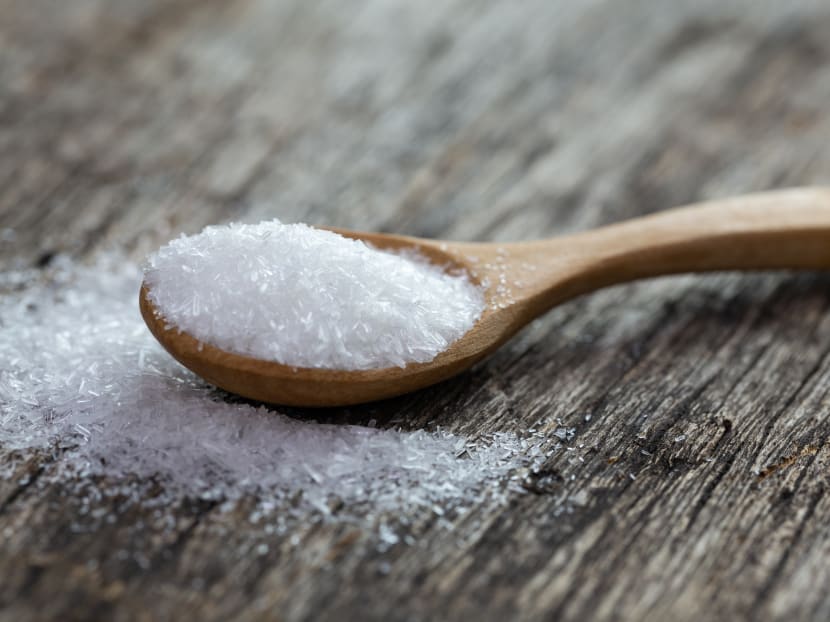Love the taste of MSG? Be conscious of sodium levels, too
More than a third of Singaporeans suffer from high blood pressure, according to the National Population Health Survey in 2020.

A TODAY reader urges consumers to pay attention to monosodium glutamate (MSG) added to their food. While MSG contains less sodium than table salt, too much of it can still lead to ailments such as high blood pressure, he writes.
More than a third of Singaporeans suffer from high blood pressure, according to the National Population Health Survey in 2020.
One major risk factor for high blood pressure is the amount of salt consumed. This is because too much sodium in the body through excessive salt consumption increases blood pressure.
In a reply to a parliamentary query in January on Singaporeans’ salt intake, the Ministry of Health (MOH) disclosed that on average, Singapore residents consume 3.6g of sodium per day.
This is 1.8 times the 2g a day recommended by the World Health Organization.
MOH said then that the Health Promotion Board will expand its efforts to reduce salt added in food preparation, and intensify public education efforts to raise awareness of the need to reduce sodium in our diet.
However, from my conversations with friends and relatives over the recent festive season, I found out that all of them do not associate monosodium glutamate (MSG) with sodium.
MSG is ubiquitous as a taste enhancer. It is added directly into foods and as an ingredient in sauces and condiments.
Similar to salt, MSG also contains sodium, but in a much smaller amount. A teaspoon of table salt contains 1,960mg of sodium, while the same amount of MSG contains 615mg, according to an article on HealthHub.
Although MSG contains less sodium than table salt, we still need to be mindful that excessive consumption of it can lead to high blood pressure.
For instance, a 5-year large scale nutrition study in adults conducted in China, published in the Journal of Hypertension in 2011, reported a positive relationship between consumption of MSG and high blood pressure.
Consciously reading food labels to find out whether what we consume contains MSG will give us a better handle of our total sodium burden, from both salt and MSG.
With the prevalence of high blood pressure in Singapore, we all could do with less sodium in our diets.
Have views on this issue or a news topic you care about? Send your letter to voices [at] mediacorp.com.sg with your full name, address and phone number.






